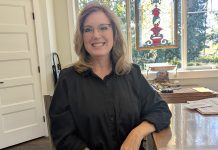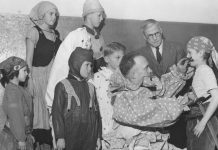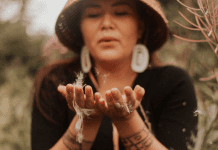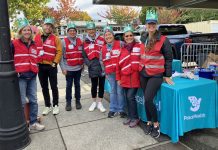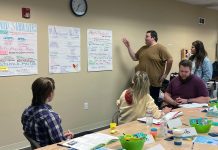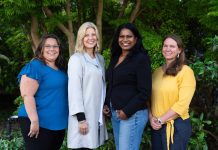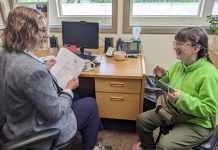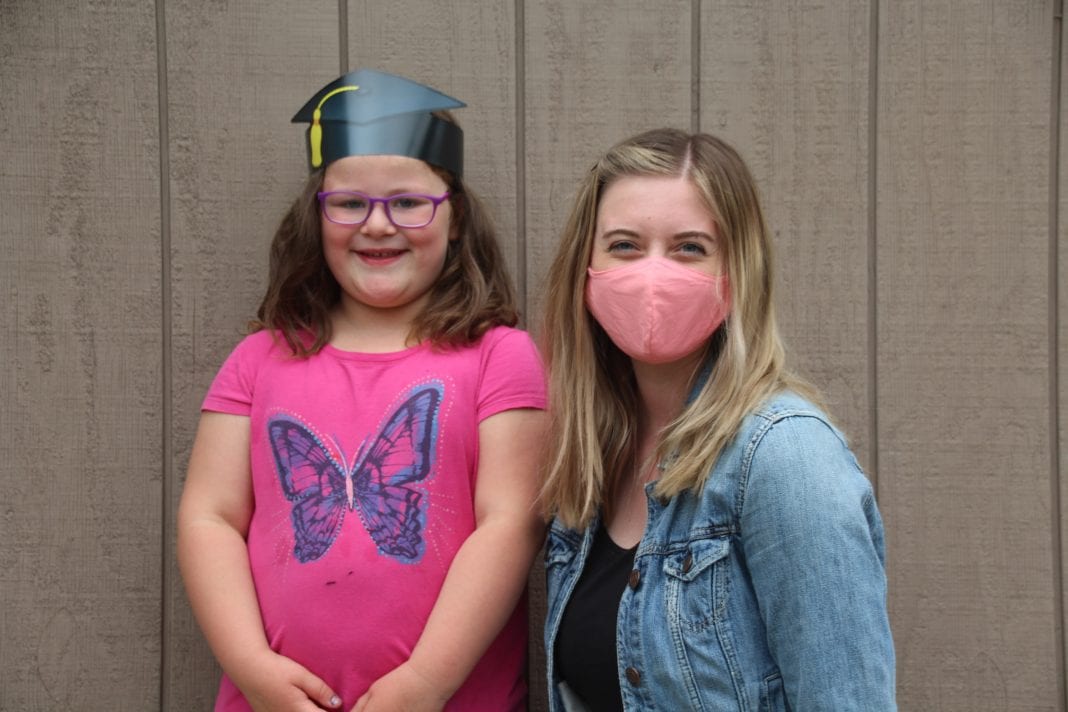Peoples Bank has contributed a $10,000 grant to the Opportunity Council, a Community Action agency dedicated to helping individuals and families of low income or experiencing homelessness. The funds will help support the nonprofit’s Early Learning and Family Services (ELAFS) Department’s programs for children prenatal to age five, which promote social-emotional development and equitable access to early learning for school readiness. ELAFS services also support the enrolled child’s family.
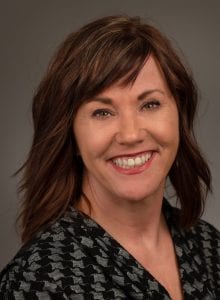
“The primary purpose of the Peoples Bank grant is to help us support children and the families of young children through the extraordinary circumstances of the pandemic,” says ELAFS Director David Webster. “Peoples Bank has been a great partner of ours for many years,” he adds. “They’re stepping up now to help us in an unprecedented time.”
The Opportunity Council serves five counties—Whatcom, Skagit, Island, Snohomish, and San Juan—which mirrors much of Peoples Bank’s service area in Washington.
“The Opportunity Council is much more present in our community than people realize,” says LaVonne Olsen, senior vice president and Human Resources director at Peoples Bank. “By supporting programs offered by the Opportunity Council, Peoples Bank and other local organizations can help interrupt the cycle of poverty.”
Early Learning and Family Services
The ELAFS program serves over 600 Whatcom County families monthly. It supports children ages birth to five by providing early intervention services for children with suspected and diagnosed disabilities, Early Head Start, Head Start, and Washington’s ECEAP preschool services. Services are also provided to pregnant women to ensure healthy outcomes.
“We work to maximize the brain development and social-emotional development of all children so that they are prepared to arrive at the school doors ready to build healthy relationships and learn,” says Webster.
ELAFS birth to five programs all offer some component of home visiting. This allows the Opportunity Council’s talented team to work side by side with caregivers, parents, and foster parents to support them in developing and growing their parenting skills and understanding of developmental milestones. The agency is also seeing a growing number of grandparents and great grandparents who have become primary caregivers as the coronavirus pandemic compounds other family stresses.
ELAF’s Quality Child Care Division also supports nearly 1,000 child care providers around the five-county region that have been severely impacted by the pandemic. The agency recently launched the Northwest Center for Child Care Retention and Expansion in partnership with the Bellingham Regional Chamber of Commerce. This Center provides technical assistance and funding to start, retain, and expand licensed care as our region wrestles with its designation as a “child care desert,” explains Webster. Drop-in “Play and Learn Groups” for parents and their young children are also supported in conjunction with the Whatcom Early Learning Alliance (WELA).
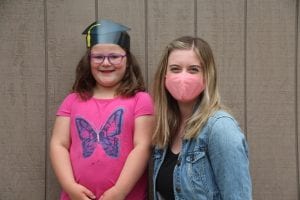
ELAFS’ programs are “upstream” supports, meaning a preventative measure to avoid more costly human interventions later in life. The Opportunity Council’s other departments also offer “downstream” services, meaning humane emergency interventions to address food insecurity, unsafe housing, housing instability, domestic violence, addiction, mental illness, and the homelessness that often results from these issues.
“By serving children in their first few years of life, our goal is to reduce the future need for programs that we run, like intervening for families who are in trouble,” says Webster.
Navigating the Pandemic
The COVID-19 pandemic has presented significant challenges for the Opportunity Council and its clients. Rising unemployment and virus risks have resulted in greater need and fewer resources.
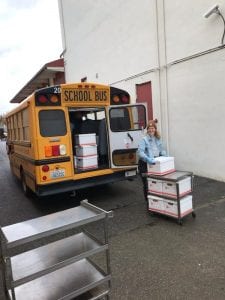
“We’ve had to find new and creative ways to meet the very real needs that don’t go away just because there’s a pandemic,” Webster says. Teletherapy sessions teach parents exercises for helping their special needs children. Previously providing breakfast, lunch, and snacks for its 400 preschool-aged children, the Opportunity Council now provides food for entire families in cooperation with food banks and the school districts.
“Local service providers are working closely together to get donated food and other supports, such as diapers and wipes, into the hands of families that need it most,” says Webster. “We’re also working very carefully with the school districts and child care providers.”
Webster anticipates a large spike in need throughout the fall as under-employment and unemployment continue to saddle many and as school districts’ decisions to open with only remote learning affect families’ schedules and stretch their resources. “Working parents will have their hands more than full,” Webster warns, “so the grant from People Bank could not have been better timed.”
Hopes for the Future
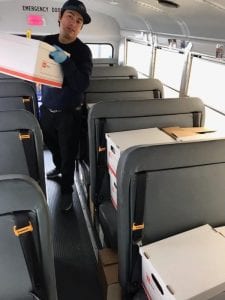
“The flexible dollars from donors like Peoples Bank help us meet the reality of what families need when sometimes siloed funding streams won’t or can’t pay for certain forms of assistance,” says Webster. For example, multiple times during the year, ELAFS discovers families who have slipped through the cracks due to economic hardship, domestic violence, or other causes and have lost their housing. When shelters and other housing slots are full, the agency uses some of these dollars to bridge the family to a longer-term housing solution. ELAFS recently helped a mom and her two young children living in their car get into a hotel for two nights until their housing came through.
“The donation from Peoples Bank will allow us to serve these families and keep them safe until our Opportunity Council colleagues or peer agencies can determine viable next steps,” says Webster. “Most of us have the privilege of not having even to imagine sleeping in a car on a dark street in winter with our children. Peoples Bank’s generosity will help us avoid such nightmares.”
“Our service in support of others is not a one-and-done,” says Peoples Bank’s Olsen. “We strive to create partnerships with the organizations we support, and we have every intention to continue working with the Opportunity Council, through grants, and in other ways, so that we can, in turn, support the community through them.”
Sponsored

